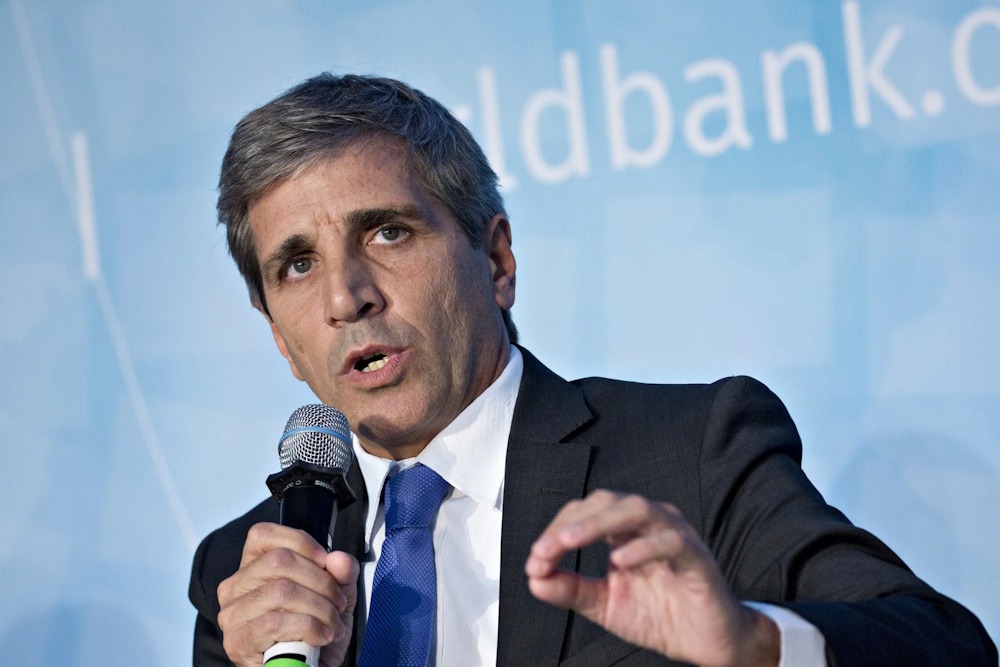On Friday, Argentina’s Central Bank sold US$678 million, marking three consecutive days of selling since the exchange rate exceeded the upper limit of the banded float system on Wednesday. The total amount spent to support the peso has reached US$1.1 billion, with daily expenditures increasing. The monetary authority aims to maintain the exchange rate under AR$1,475.32, which is the current upper limit. On Friday, the Central Bank recorded its ninth-highest daily sale since 2003.
On Friday, gross international reserves stood at US$39.2 billion, which is US$200 million lower than the amount on Thursday. The administration of President Javier Milei aims to keep foreign exchange and financial stability steady as the mid-term elections on October 26 approach. Experts believe that the current level of spending cannot be maintained. “The market was most anxious because the Treasury might sell dollars to control the exchange rate, using the same dollars it needs to save for its upcoming payments,” said Pablo Lazzati. EMBI went over 1,500 basis points. The dollar traded in both informal and financial markets exceeded AR$1,500. Financial analyst Gustavo Ber told that “dollarization is speeding up. It will be hard to keep up this level of sales until the elections. As long as this quest for coverage goes on, traders will more and more anticipate a shift in the exchange rate system.”
On Thursday, Economy Minister Luis Caputo stated on the far-right streaming channel Carajo that he would use Central Bank reserves to “sell down to the last dollar at the band’s ceiling” if needed. He attributed the run on the peso to a “political attack.” Argentina’s Congress, which Milei has relied on for support from friendly opposition parties in the past, has recently shifted its stance. In recent votes, they have overturned presidential vetoes aimed at reducing social spending. Gustavo Quintana stated that it makes sense for the minister to say something like that. “He has no other option,” Quintana said. “Naturally, he’s attempting to calm people by saying they have enough resources to protect the exchange rate.” Argentina has a rich history in this area. We should be careful and observe how things develop. The government has also made exchange controls stricter for brokerages and individuals in specific roles at financial institutions.
A report stated that “all macroeconomic indicators indicate the monetary and foreign exchange regime was temporary until the national elections on October 26.” It noted that remarks from the national economic officials seemed to connect the country’s economic state to the results of local elections in Buenos Aires province, where Peronism secured victory by almost 14 points. This led to the market’s expected reaction in October happening earlier in September, “resulting in losses for the financial market.” Lazzati informed that, regarding dealing desks, “the rumor going around in the market is that, besides the US$3 billion to US$5 billion available for sale, there’s a chance the US Treasury might add more funds to support the plan.”
On the same day, President Javier Milei stated that his administration is “working very hard” to negotiate a loan from the US government. “We won’t make any announcements until it is confirmed,” the president said. Lazzatti mentioned that on Friday, demand grew significantly because of the price difference between the official dollar and the unlimited MEP financial rate.

